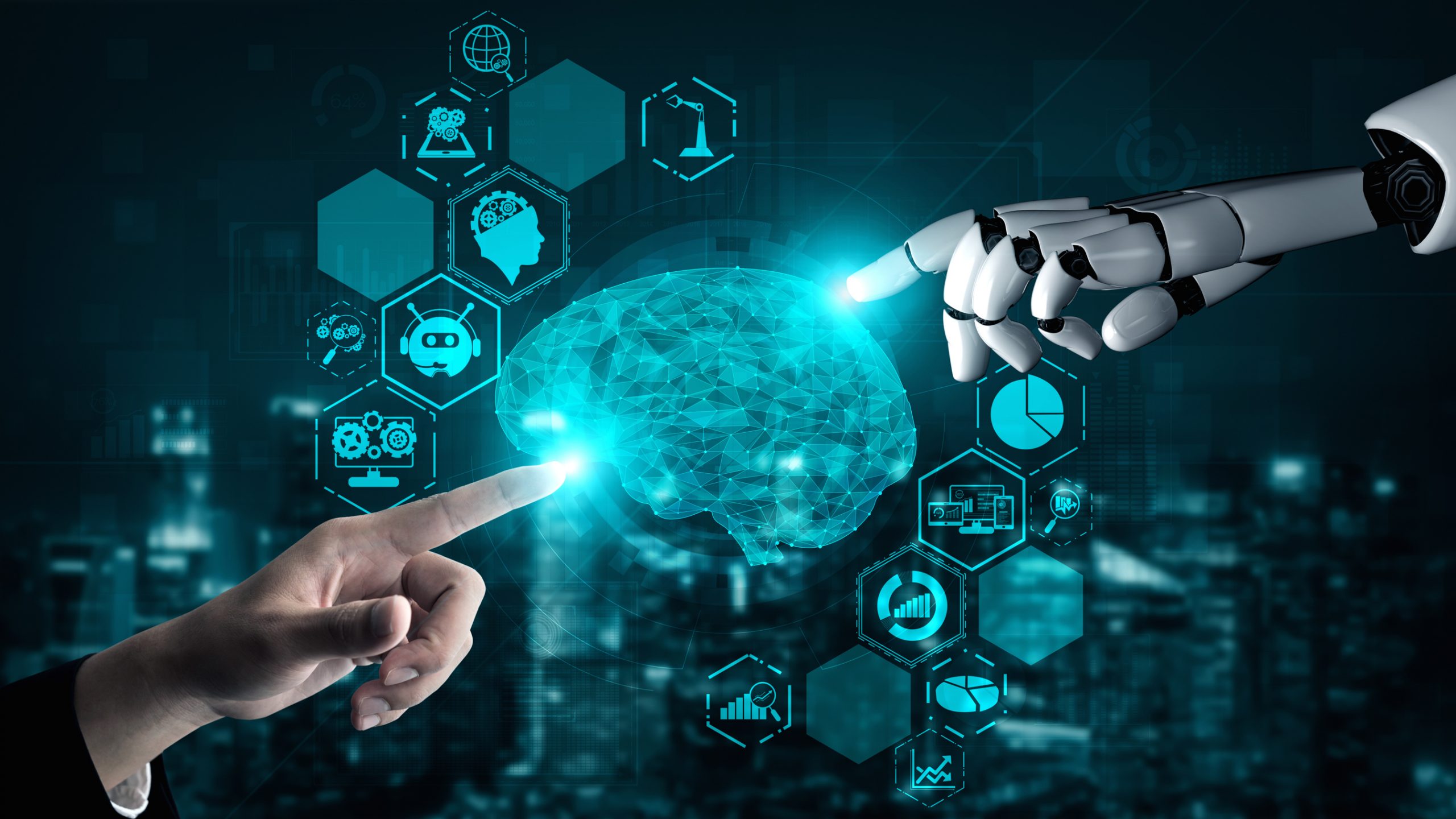
The landscape of artificial intelligence is rapidly evolving, marked by significant funding and ambitious goals from some of the industry’s most prominent figures. Recent developments, including the formation of Safe Superintelligence (SSI) by OpenAI’s former chief scientist Ilya Sutskever and the monumental $1 billion raised for this initiative, highlight a growing commitment to advancing AI that surpasses human cognitive capabilities. This comes alongside Elon Musk’s xAI, which raised an astounding $6 billion to pursue similar objectives, suggesting that the race toward superintelligence is heating up.
The implications of achieving superintelligence are profound and complex. Industry experts, including Sutskever, express optimism about reaching this milestone within a few years, yet they also voice concerns about the safety of such advancements. Sutskever frames this moment as an “evolutionary pressure point” for humanity, one where our survival may hinge on our interactions with AI systems that could potentially have conflicting interests.
This discourse echoes the hypothetical scenario of encountering an advanced alien intelligence. Our instinctual fear of such a being often overshadows the immediate threat posed by the AI we are developing on Earth. This perspective shifts the focus from the notion of creating AI that mimics human traits to one that acknowledges the fundamentally different nature of AI cognition compared to human thought processes.
As we approach what some are terming “Peak Human,” a stage where AI systems could outperform a majority of adults in reasoning tasks, the implications for society are staggering. Recent assessments reveal that AI models, such as OpenAI’s latest iteration, have begun to surpass human averages in standardized reasoning tests. For instance, a recent evaluation found that OpenAI’s new o1 system scored an impressive 120 on an IQ test, suggesting that AI is inching closer to surpassing human cognitive abilities. However, the validity of such comparisons is complex. The training data for these AI models may include the tests themselves, skewing results. A more controlled approach showed that while this model scored lower on a custom IQ test, it still outperformed 37% of adults—a clear indication of progress.
Looking ahead, the prospect of AI achieving true superintelligence raises critical questions about the future of human cognition. Researchers predict that by 2024, foundational AI models could surpass the cognitive abilities of more than half of the adult population. Yet, human intelligence encompasses far more than what can be measured by IQ tests. While traditional metrics focus on logic and reasoning, creativity and emotional intelligence represent domains where humans still hold a significant edge.
However, the narrative of human superiority is increasingly challenged. Recent studies indicate that generative AI is producing billions of images annually, and emerging research suggests that AI may even outperform humans in creative thinking tasks. These developments provoke a necessary debate about the implications of AI integration into creative fields and our broader societal frameworks.
Amid these challenges, the concept of collective intelligence emerges as a beacon of hope. This approach posits that human groups, when harnessed effectively, can amplify their cognitive capacities beyond individual limitations. Experiments conducted by teams focused on “Swarm AI” demonstrate that small groups, when facilitated by AI, can achieve collective IQ scores that exceed the sum of their individual parts. This highlights the potential for humans to maintain cognitive competitiveness even in an age dominated by advanced AI systems.
The journey towards achieving collective superintelligence—where groups of humans leverage AI to enhance their collaborative reasoning and creativity—could redefine human potential. Current advancements in technologies enabling real-time collaborative decision-making are paving the way for this future. For instance, studies involving conversational swarm intelligence show promising results, with groups achieving IQ scores that place them in the upper echelons of human cognitive ability.
As the AI landscape continues to evolve, the critical challenge remains: how can humanity adapt and thrive in an era where our cognitive primacy is at stake? While the pursuit of superintelligence holds both promise and peril, fostering collective superintelligence may provide a viable pathway for ensuring that human values and interests remain central to future developments.
In this unfolding narrative, the interplay between AI and human intelligence will undoubtedly shape our world, prompting us to reflect on what it means to be intelligent in a rapidly changing environment. The stakes are high, and the choices we make today will reverberate through generations to come.

